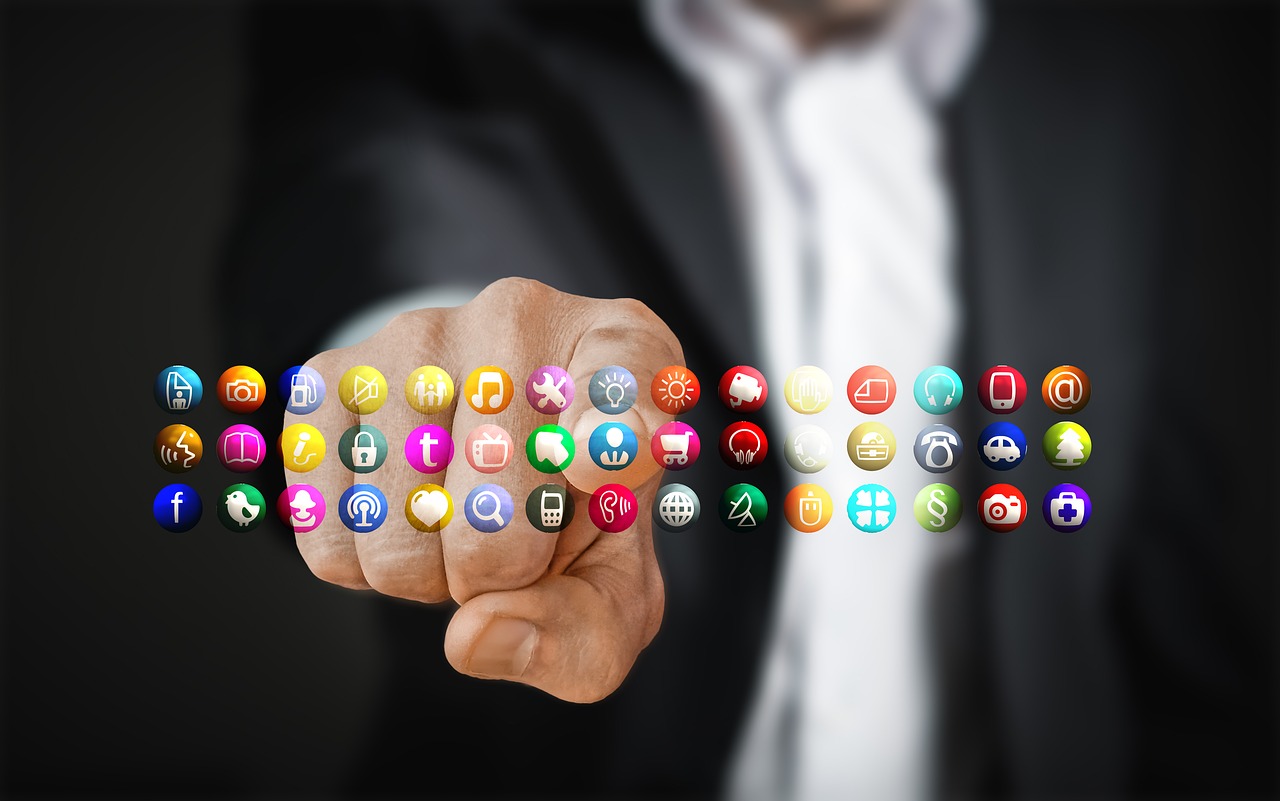Touch Screen Technology has revolutionized the way we interact with devices and systems across various industries. From smartphones in our pockets to the self-checkout counters in grocery stores, the ubiquity of touch screen interfaces has made them an integral part of our daily lives. This technology has not only replaced traditional buttons and switches but also opened up new avenues for user interface design, making complex tasks more accessible and intuitive. In this article, we will explore the diverse range of applications where touch screen technology is making a significant impact, from healthcare and automotive sectors to industrial control systems and beyond. Read on to learn more about how this innovative technology is shaping our world.
Smartphones and Tablets
The most immediate and widespread use of touch screen technology is in our smartphones and tablets. This technology provides a versatile user interface that allows for easy navigation, typing, gaming, and much more. Multi-touch capabilities enable more complex interactions, such as pinch-to-zoom and multi-finger gestures.
Computers and Laptops
Modern laptops and even some desktops have integrated touch screen capabilities. Users find this particularly useful for tasks that involve design, sketching, or simply for convenience. With the rise of 2-in-1 laptops that can be used as tablets, touch screens offer added functionality and versatility.
Retail Payment Systems
Point-of-sale systems in retail stores have adopted touch screen interfaces for quicker and more efficient customer transactions. These systems allow for easy item selection, payment processing, and inventory management.
Automotive Industry
In-car touch screen technology is rapidly evolving, becoming the main interface for navigation, media, and various settings like climate control. The intuitive nature of touch screens makes it easier for drivers to focus on the road while adjusting settings.
Healthcare
In the healthcare sector, touch screen technology has made medical equipment more user-friendly. Medical professionals can easily adjust settings, review patient data, and even control diagnostic equipment through touch screen interfaces, saving precious time and reducing room for error.
Industrial Controls
Manufacturing and industrial control panels often incorporate touch screen technology to facilitate quick and intuitive operations. From controlling robotic arms to managing assembly lines, touch screens are streamlining industrial processes.
Education
Touch screen technology is gaining traction in educational settings, too. Interactive whiteboards and touch screen tablets facilitate more engaging lessons and encourage student participation. Teachers can present multimedia lessons and students can interact directly with the display, making learning more dynamic.
Vending Machines and Kiosks
Vending machines and self-service kiosks for ticketing, food ordering, and information have seen a transition from mechanical buttons to touch screen interfaces. This allows for easier navigation through menus and options, making the user experience more efficient.
Smart Homes
With the rise
